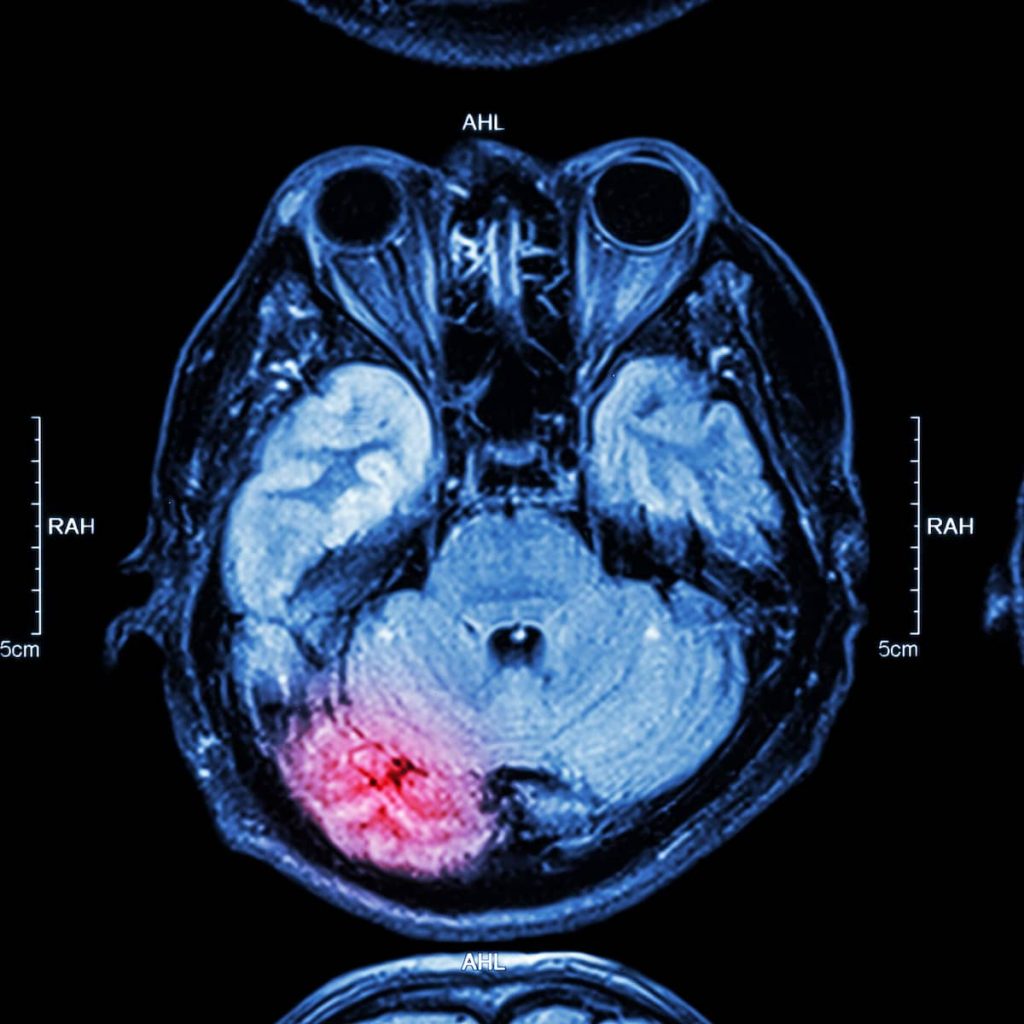Cooling therapy can reduce the effects of an infant brain injury
Birth injuries vary significantly in severity, while some heal on their own, others require extensive medical treatment. Hypoxic ischemic encephalopathy (HIE) is a serious birth injury that is a result of oxygen deprivation and lack of blood blow to the baby’s brain at or near birth. It affects 2.8 cases per 1,000 live births. Unfortunately, 10-20 percent of babies die as a result of this condition, and another 25-30 percent suffer permanent neurological damage such as brain damage, Erb’s Palsy, and cerebral palsy.

Chicago birth injury lawyer explains that inducing mild hypothermia in the range of 90-95 Fahrenheit in new born babies who suffer HIE in the first few hours after the ischemic event can reduce the risk and severity of neurological damage. Hypoxic ischemic encephalopathy (HIE) can be a result of various factors such as umbilical cord prolapse, maternal health, delay in delivery and forceps delivery. In some cases, this serious birth injury may be a result of medical malpractice.
In most cases, a damaging event or injury causes initial brain trauma, and the injury to baby’s brain continues for some time. After this initial damage resulting from oxygen depletion, the next phase of cellular damage occur 6-24 hours later when the oxygen flow returns. When the oxygen rushes back into the brain, it may be toxic and can cause additional damage to the brain cells. This second phase of brain damage may continue for 24-48 hours before it begins to resolve. In most cases, the effects of HIE show up 1-4 hours years later. Research has shown that the use of cooling therapy or therapeutic hypothermia can halt or at least reduce the damage to the baby’s brain.
Therapeutic hypothermia works by cooling the baby’s brain just a few degrees below the normal body temperature. The therapy is administered within a few hours of birth, as soon as possible after oxygen deprivation occurs. The infant’s body is cooled for a few hours to a few days depending on the baby’s condition. When the core body temperature is lowered, the baby’s brains need for oxygen causes various other processes to slow down. These processes otherwise result in damage to the brain cells.
Although therapeutic hypothermia does not help all babies, but research shows that it reduces the incidence of neuro-developmental disability in those with moderate to severe brain injury from 62 to 44 percent. This shows that cooling therapy is a great way to prevent brain damage in babies with Hypoxic ischemic encephalopathy, and failure to provide cooling therapy may amount to medical malpractice.
If your child has suffered complications, because of a healthcare provider’s failure to provide adequate and appropriate treatment such as cooling therapy, you may have a claim. It is in your best interest to discuss your case with a competent and qualified Chicago birth injury lawyer, who can help pursue a claim successfully.
